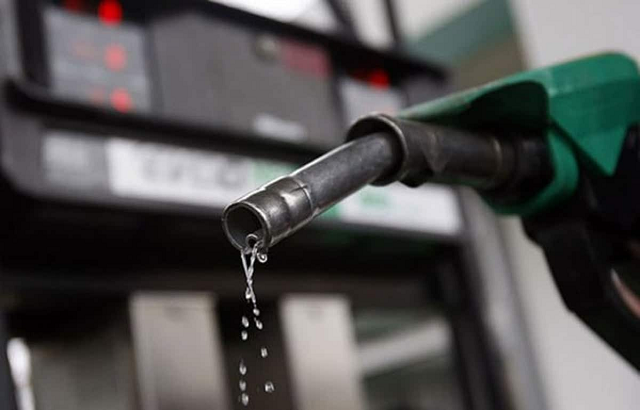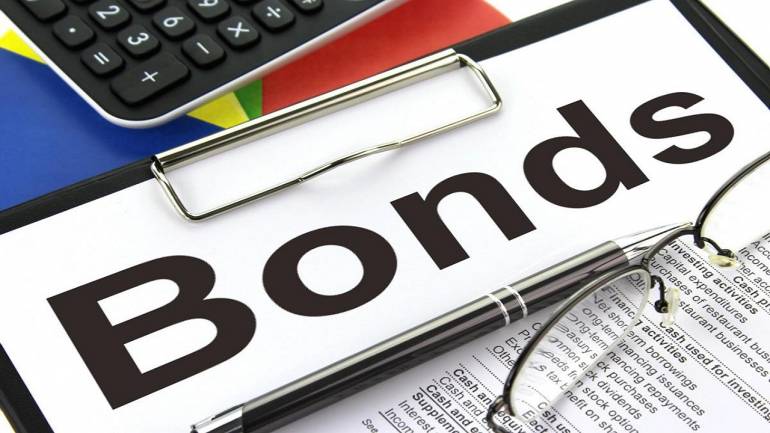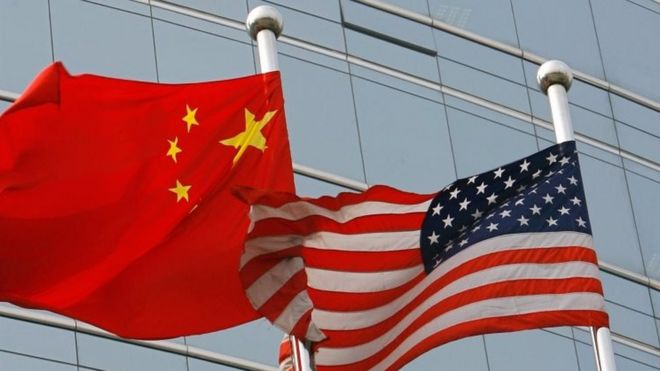Oil marketers in Nigeria are reportedly turning to imported Premium Motor Spirit (PMS) as the landing cost of the product has dropped to N922.65 per litre, making it cheaper than the price offered by the Dangote Petroleum Refinery.
According to data obtained from the Major Oil Marketers Association of Nigeria (MOMAN), this price represents a notable decrease of N32.35 compared to the Dangote Refinery’s loading price of N955 per litre. Industry experts believe this cost reduction could reignite marketers’ interest in importing PMS, given the potential for profitability.
A key marketer, speaking anonymously, stated that the lower landing cost of imported petrol provides a strong incentive for dealers to bypass local suppliers. “It’s business. When imported fuel is cheaper, marketers will naturally consider it,” the source said.
Last week, the Dangote Refinery attributed its price hike from N899.50 per litre to rising global crude oil prices. However, the current decline in the landing cost of imports reflects a reprieve from global supply chain challenges.
Despite this development, retail fuel prices in Nigeria remain high, with major marketers selling petrol at N990 to N1,010 per litre in Abuja.
Import Surge: Over 76 Million Litres Delivered in Two Days
Fresh findings reveal that oil marketers imported 76.84 million litres of petrol in just two days. Data from the Nigerian Ports Authority (NPA) showed vessels carrying 57,301 metric tonnes of PMS arrived at Lagos ports on January 21 and 22, 2025. The shipments were handled by Tera Shipping Limited and Peak Shipping Agency Nigeria Limited.
This surge raises questions about the sustainability of the government’s earlier agreement with industry stakeholders to prioritise locally refined products.
The National President of the Petroleum Products Retail Outlets Owners Association of Nigeria, Billy Gillis-Harry, expressed surprise at the resumed importation of petrol. He reiterated that the Nigerian Midstream and Downstream Petroleum Regulatory Authority (NMDPRA) had agreed to pause fuel imports for 180 days to allow the Dangote Refinery to ramp up production.
“Stakeholders agreed to suspend imports and give Dangote 180 days to meet local demand. So, hearing about imports now is surprising,” he said.
However, the National Publicity Secretary of the Independent Petroleum Marketers Association of Nigeria (IPMAN), Chinedu Ukadike, clarified that the non-importation directive was not a binding agreement but a “mutual understanding.”
“There’s no formal ban on imports. The focus has always been on securing cheaper rates, and that’s what’s driving current imports,” Ukadike explained.
The drop in imported petrol costs has significant implications for Nigeria’s downstream oil and gas sector. While it presents an opportunity for private depot owners and independent marketers to source cheaper products, it underscores the ongoing challenges of exchange rate volatility and global market fluctuations.
As marketers weigh their options between local and imported PMS, the Dangote Refinery faces mounting pressure to adjust its pricing strategy and bolster production to remain competitive.













